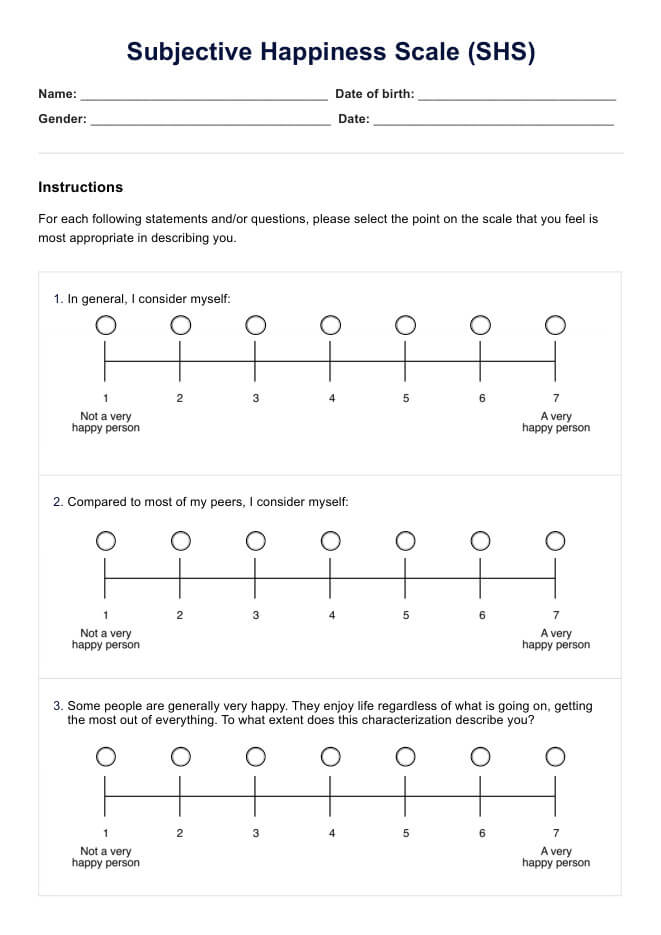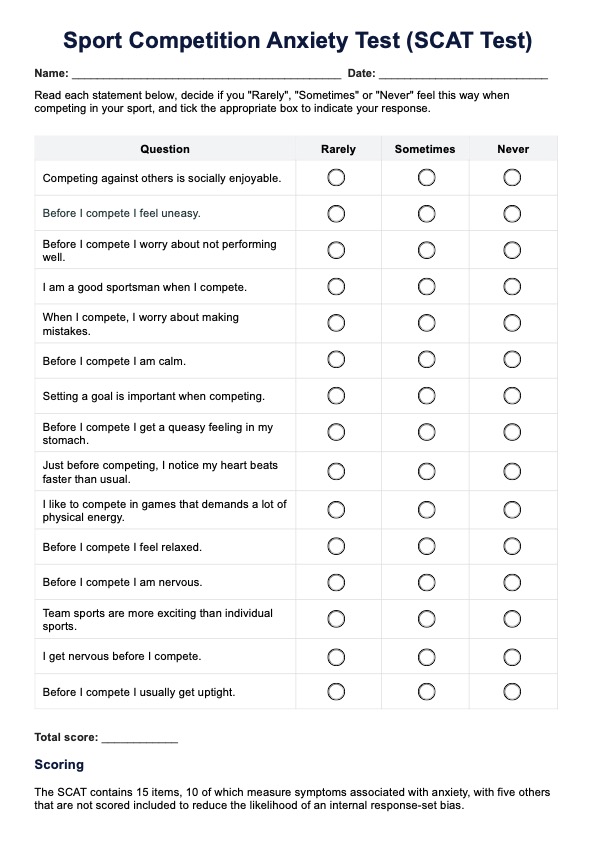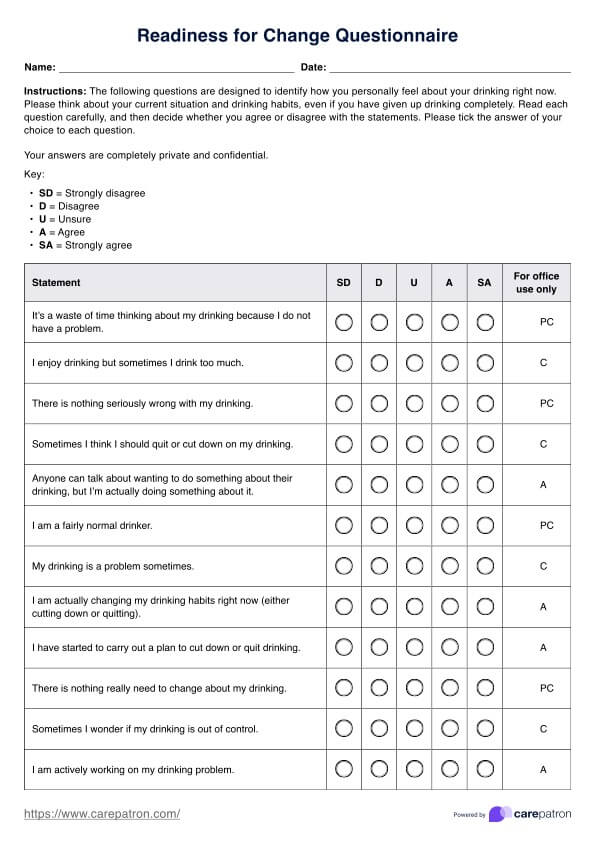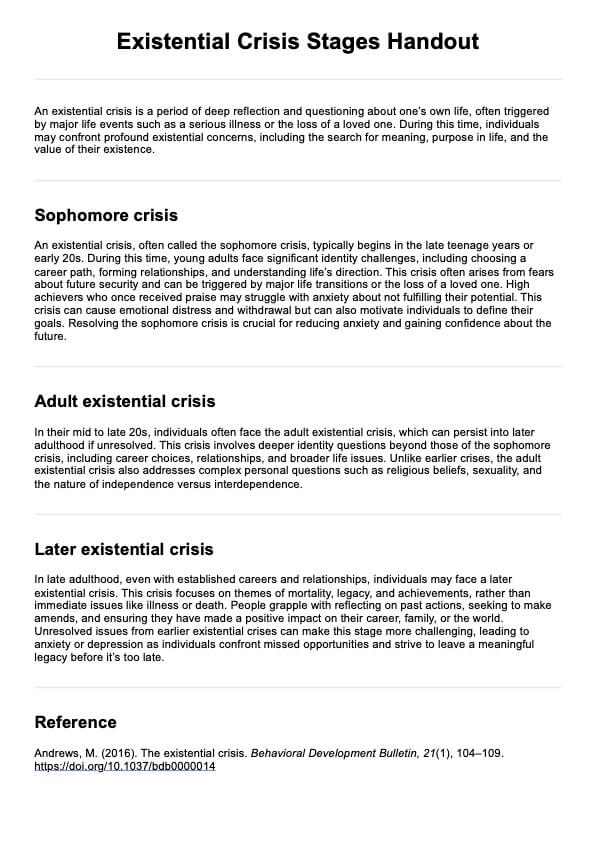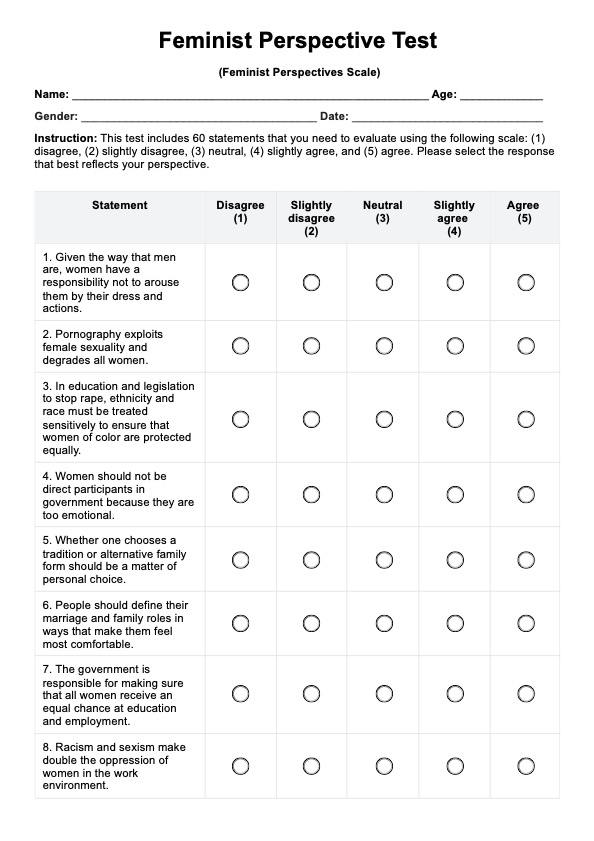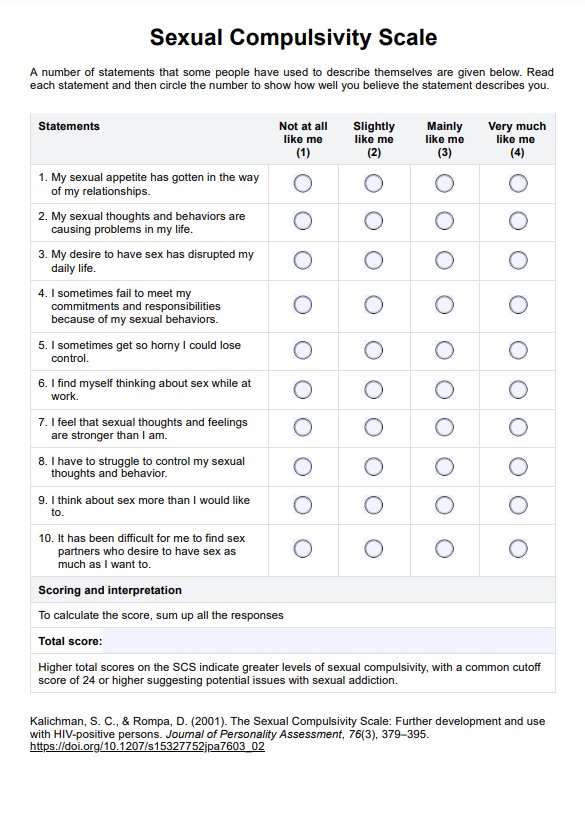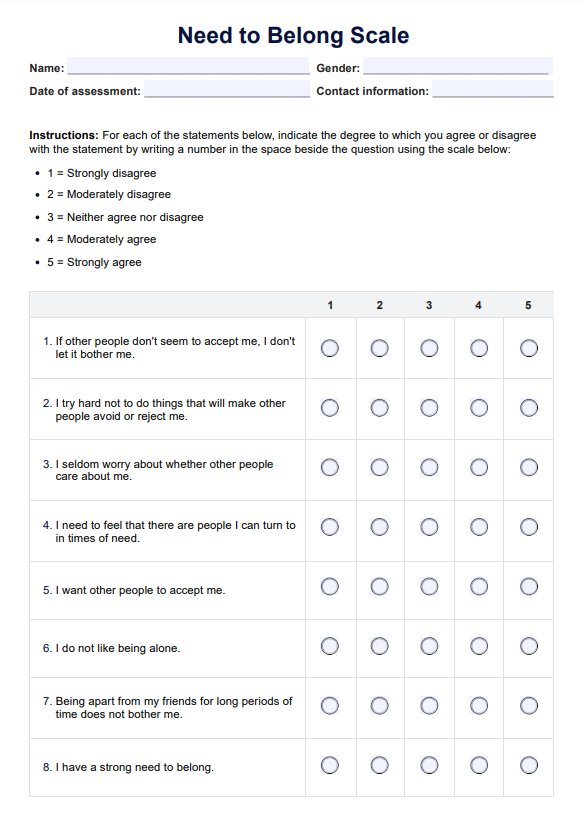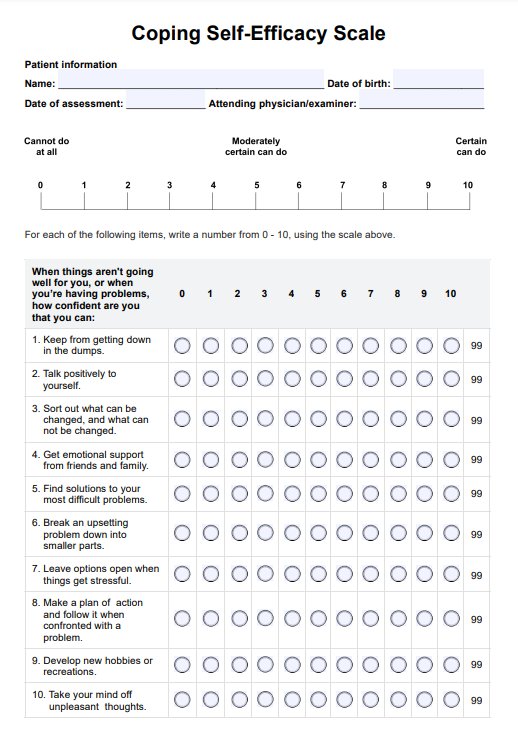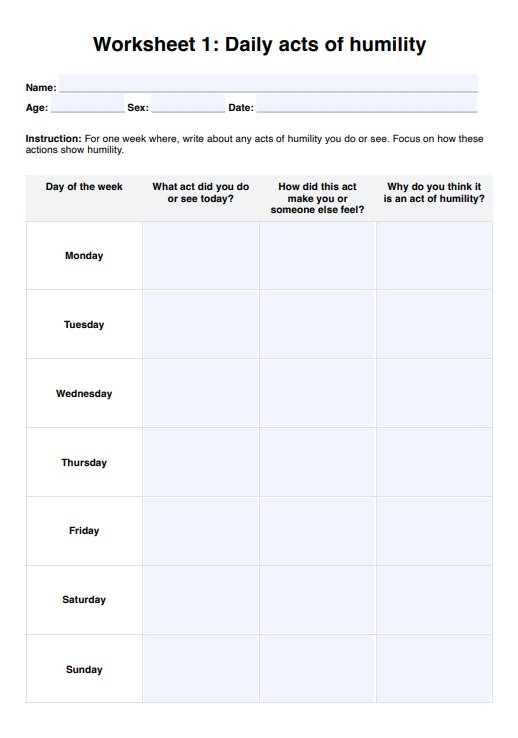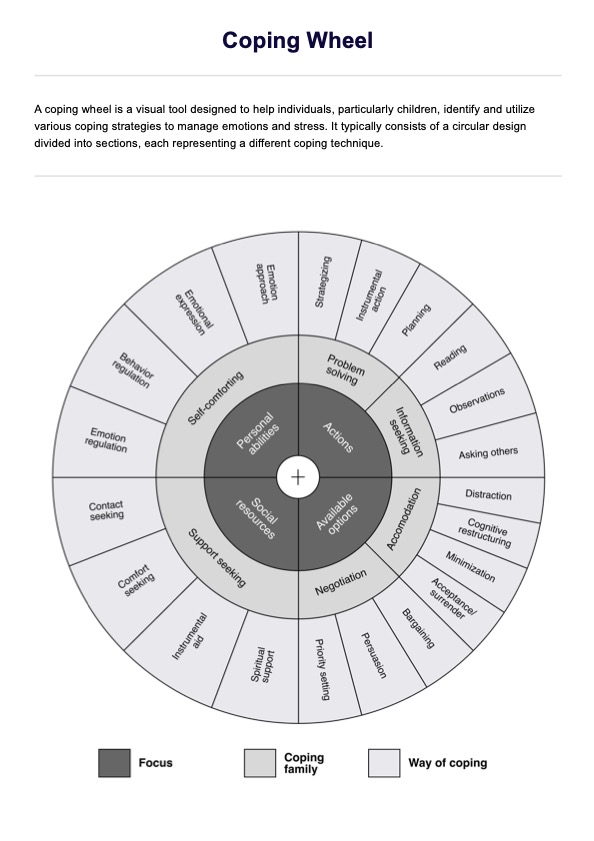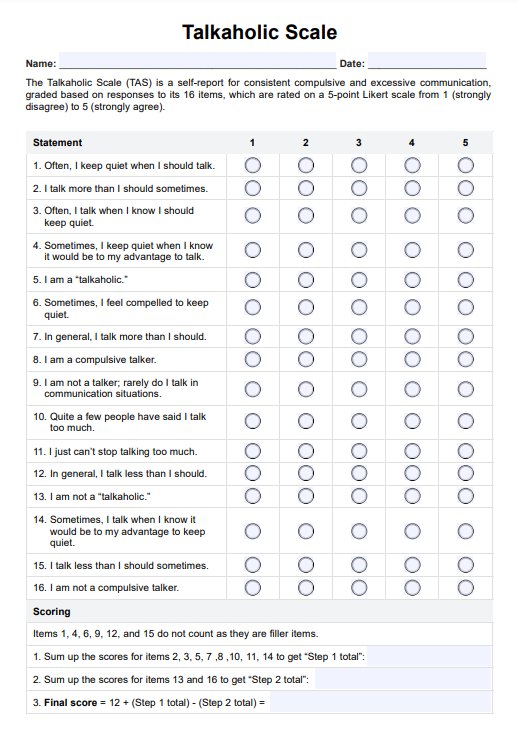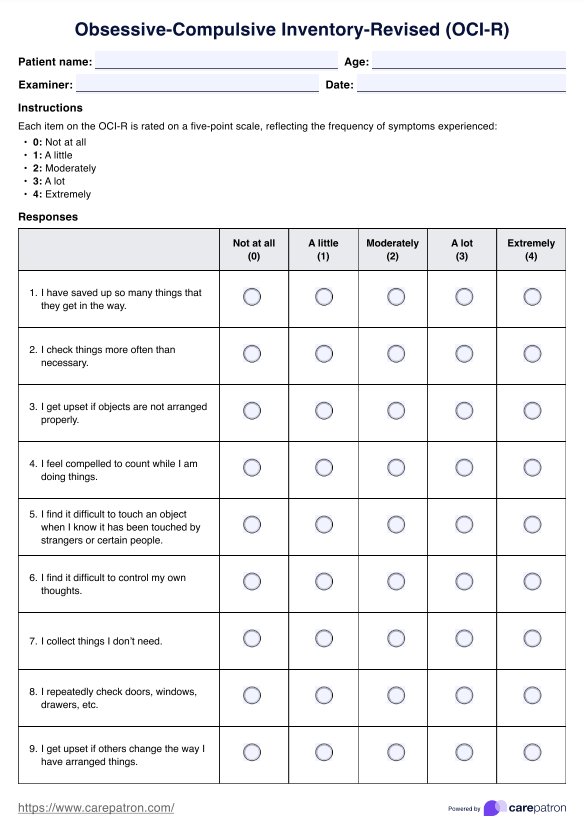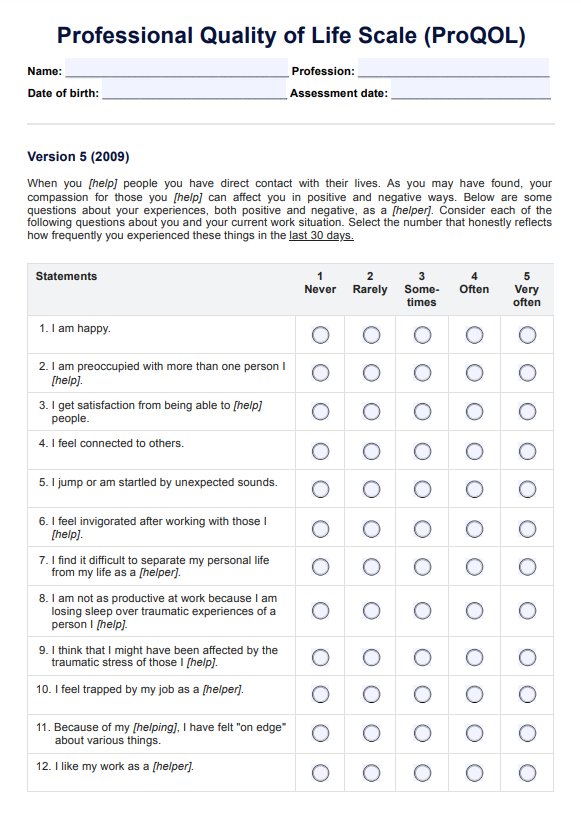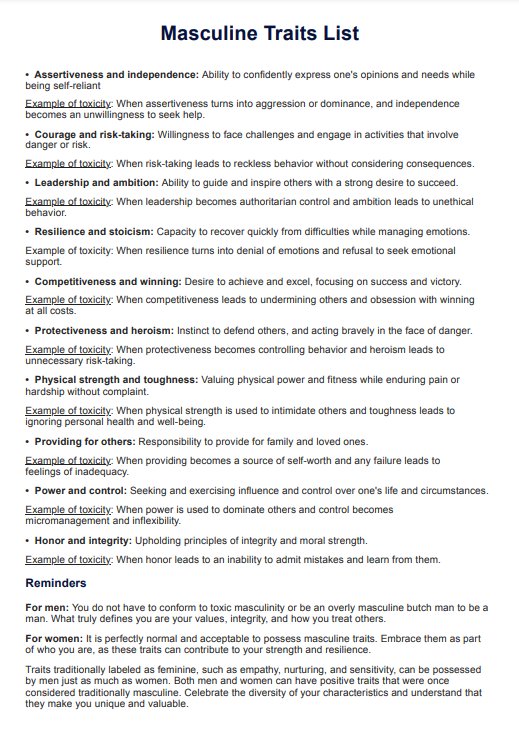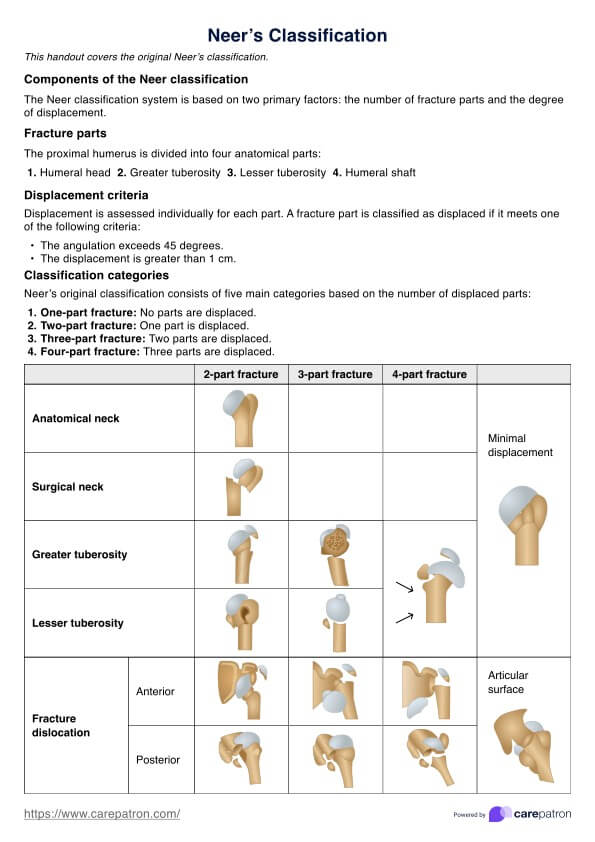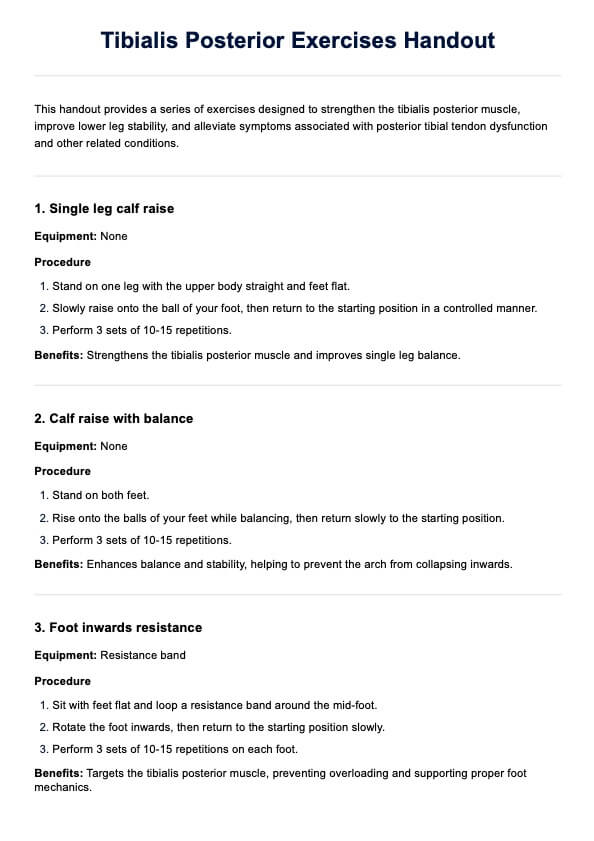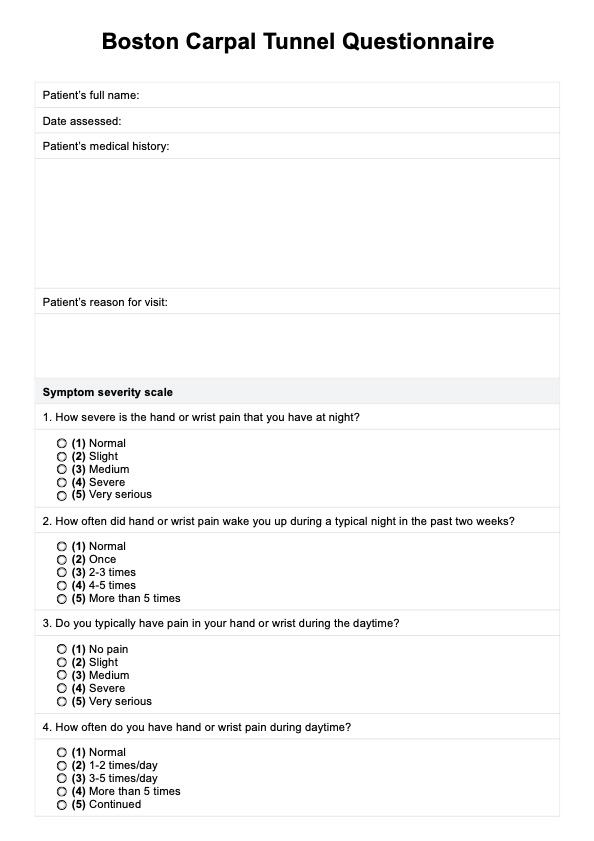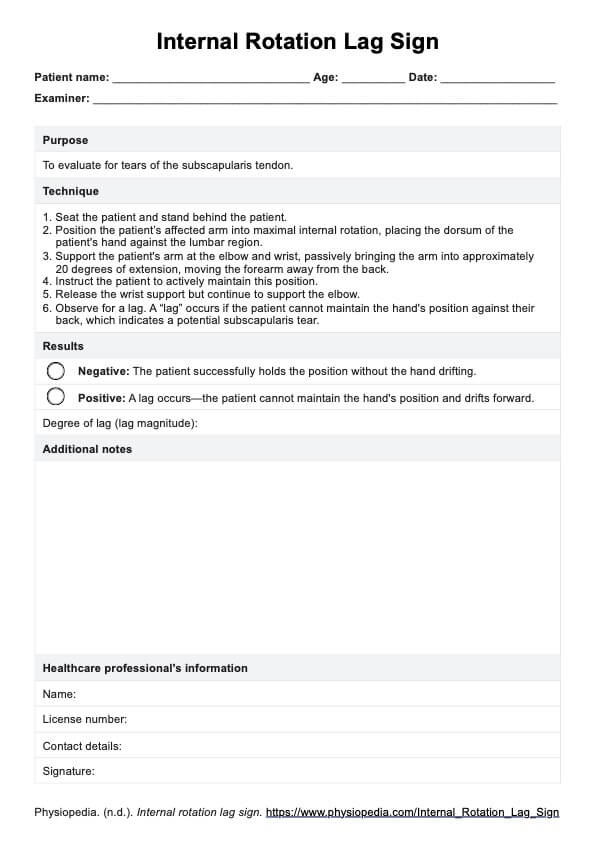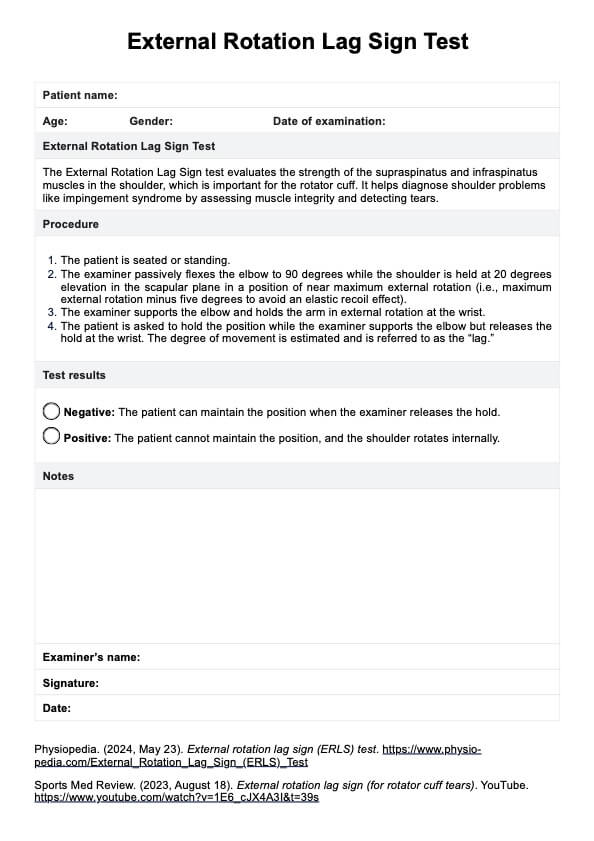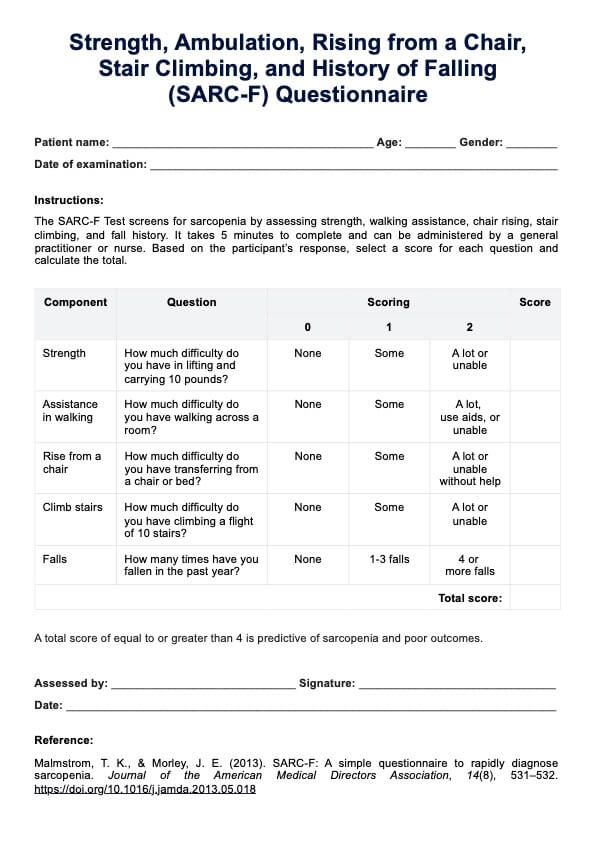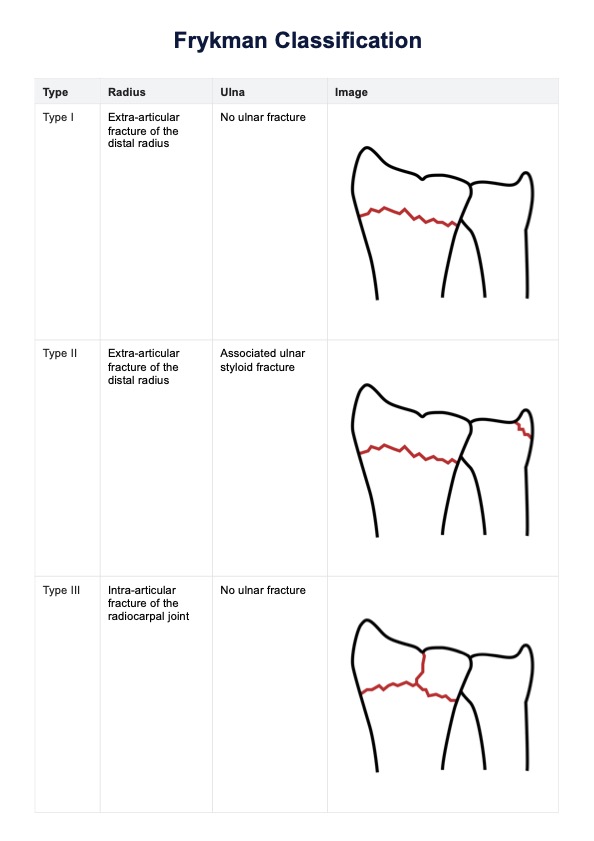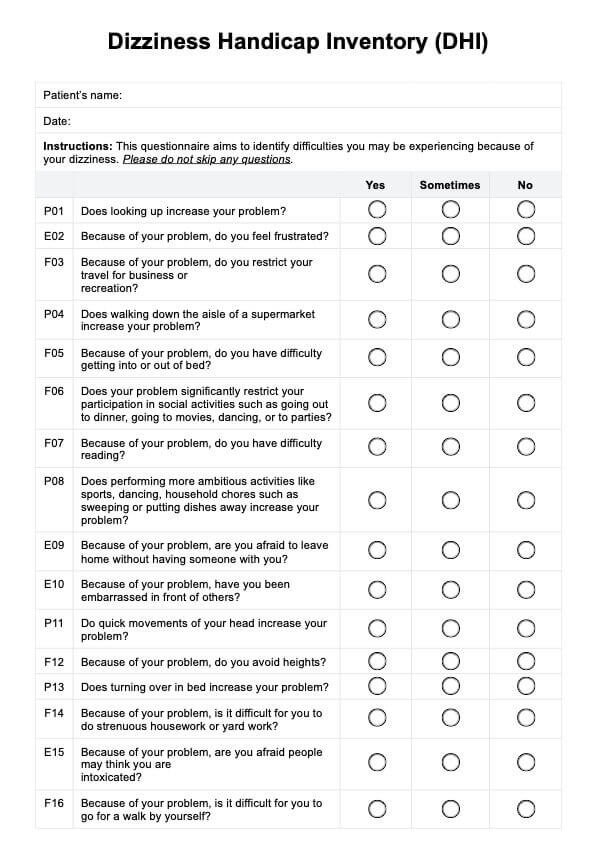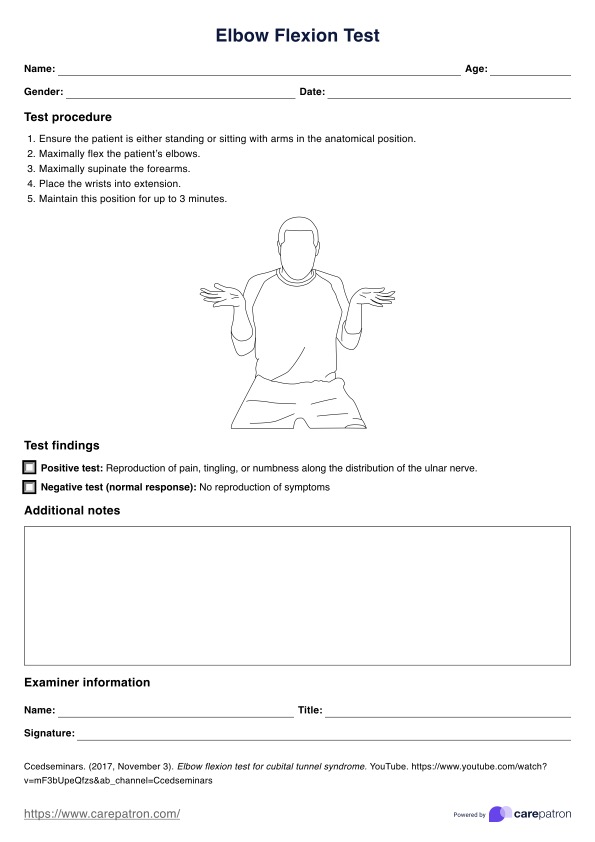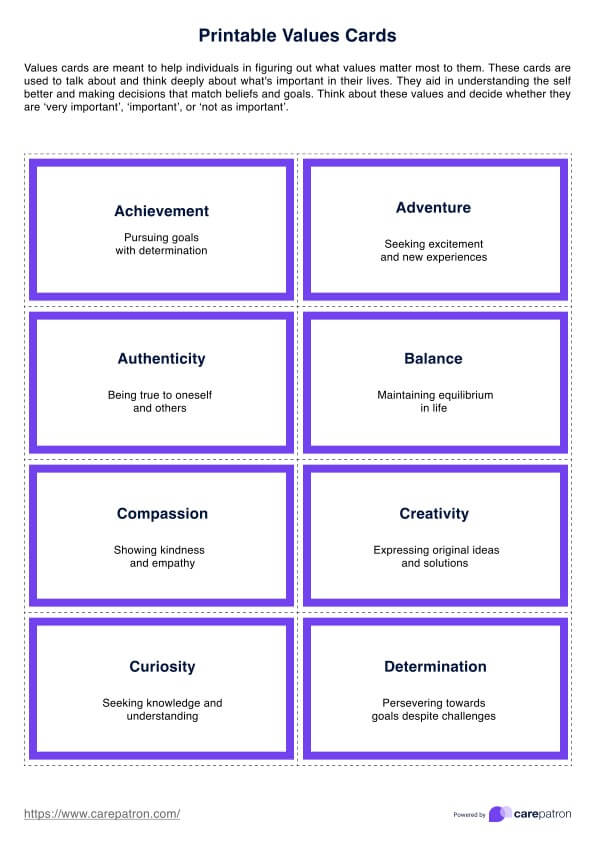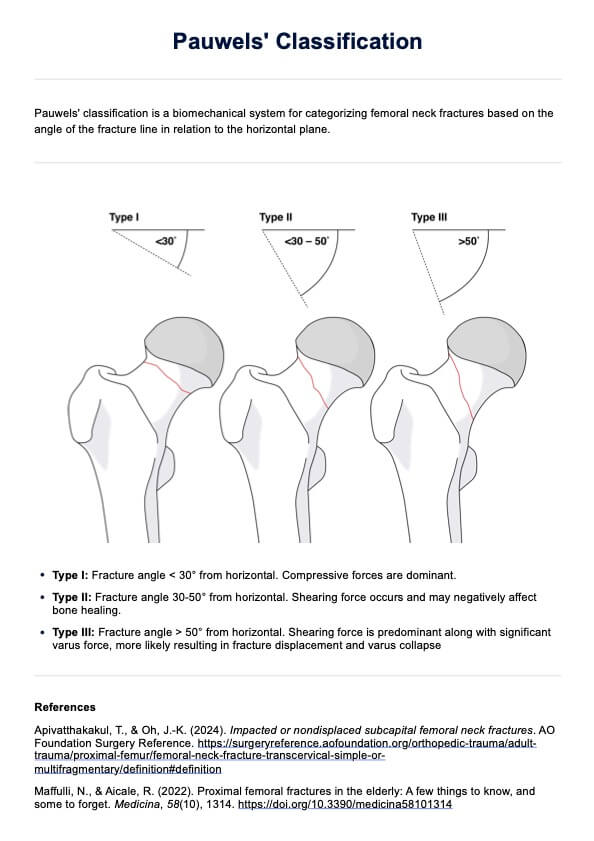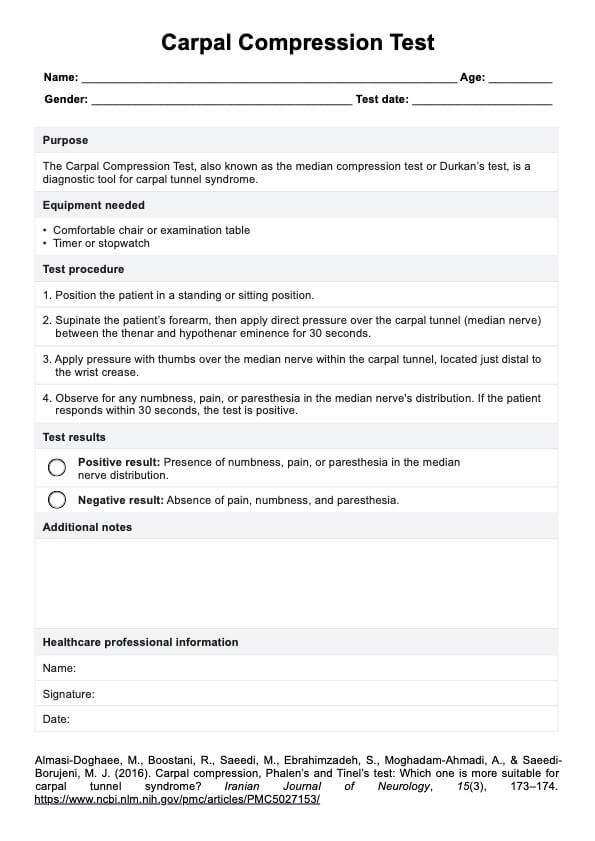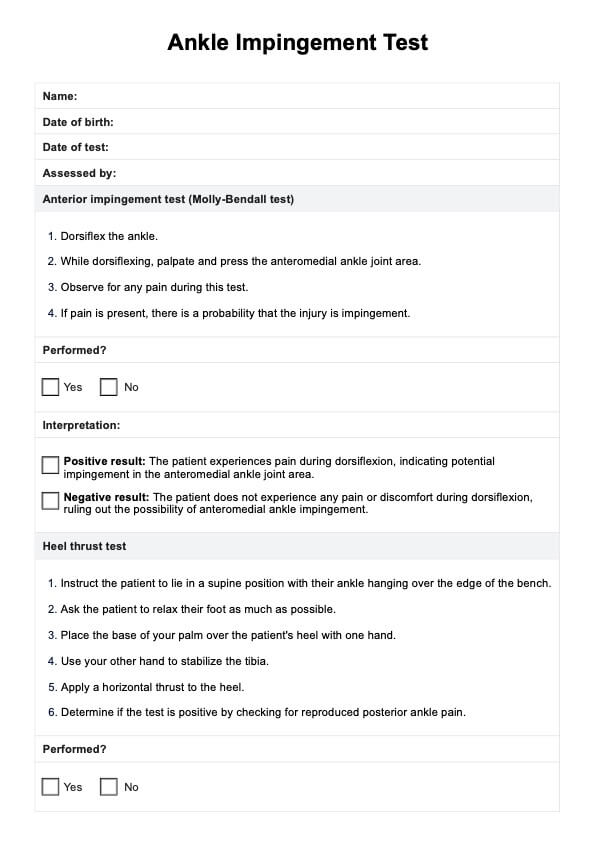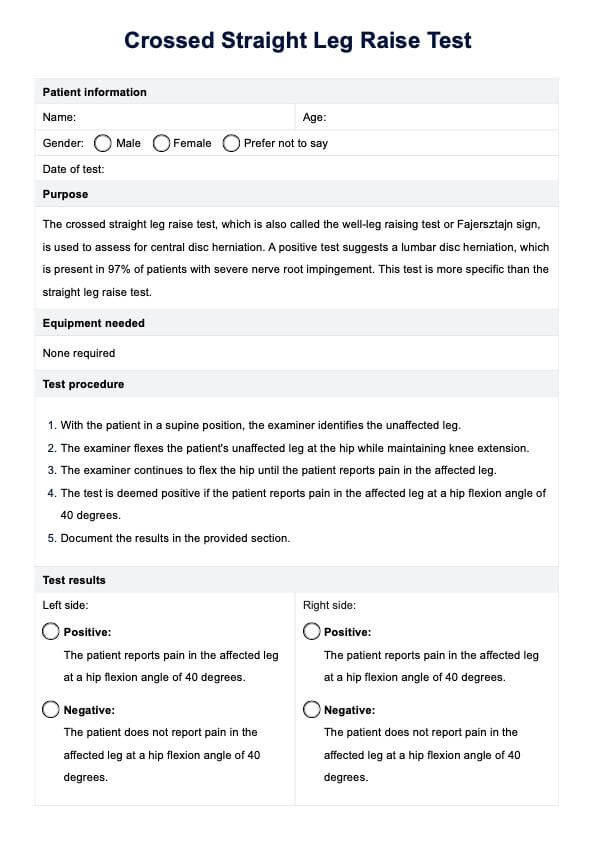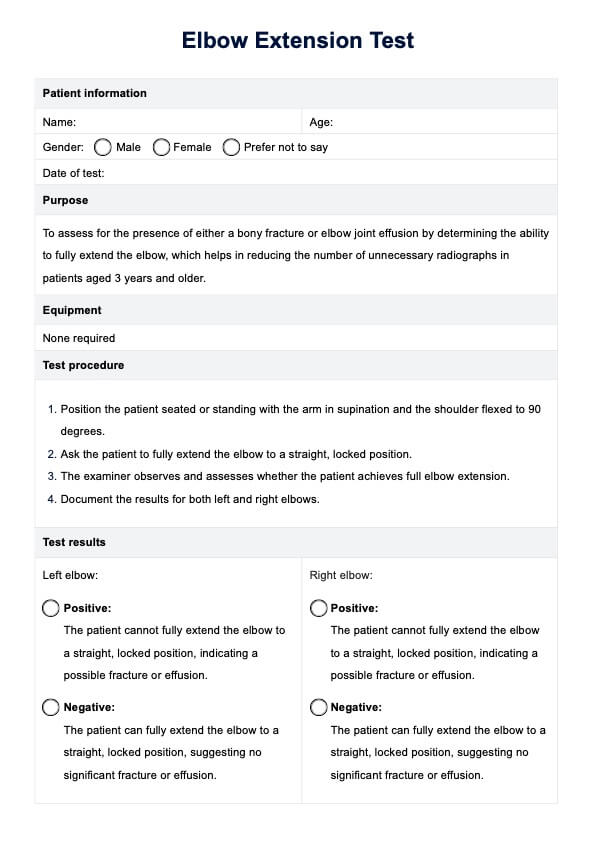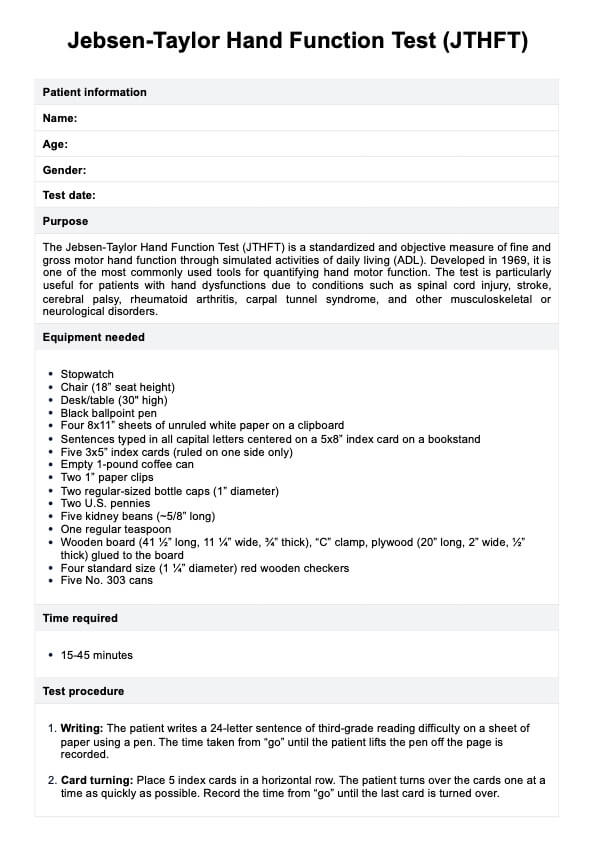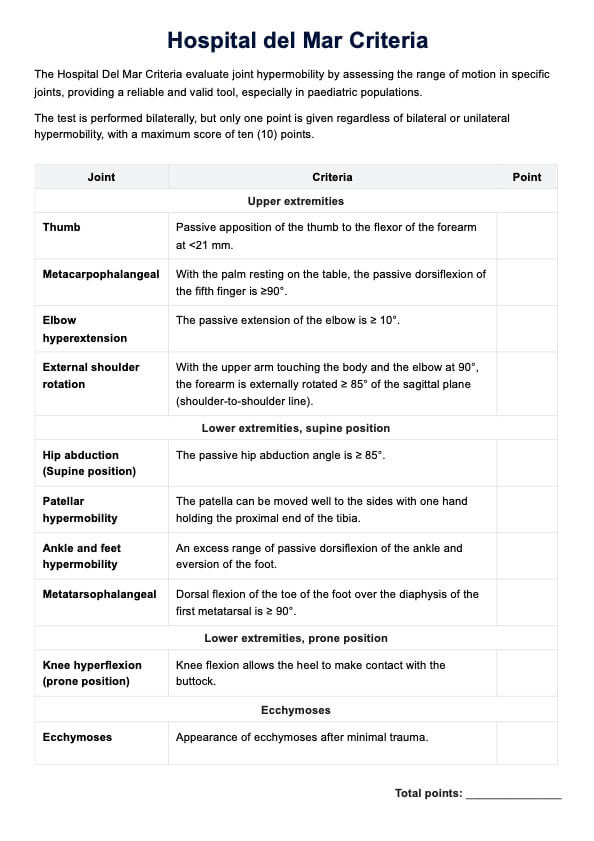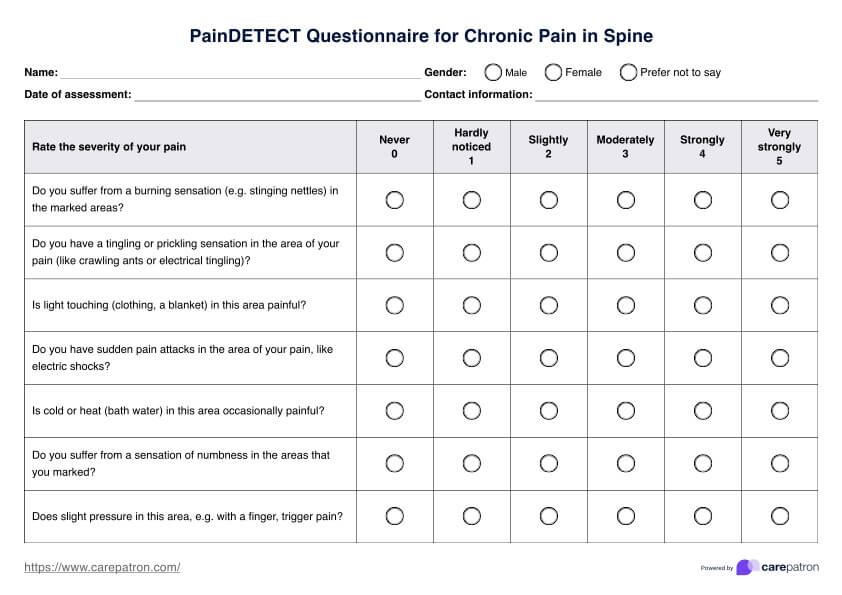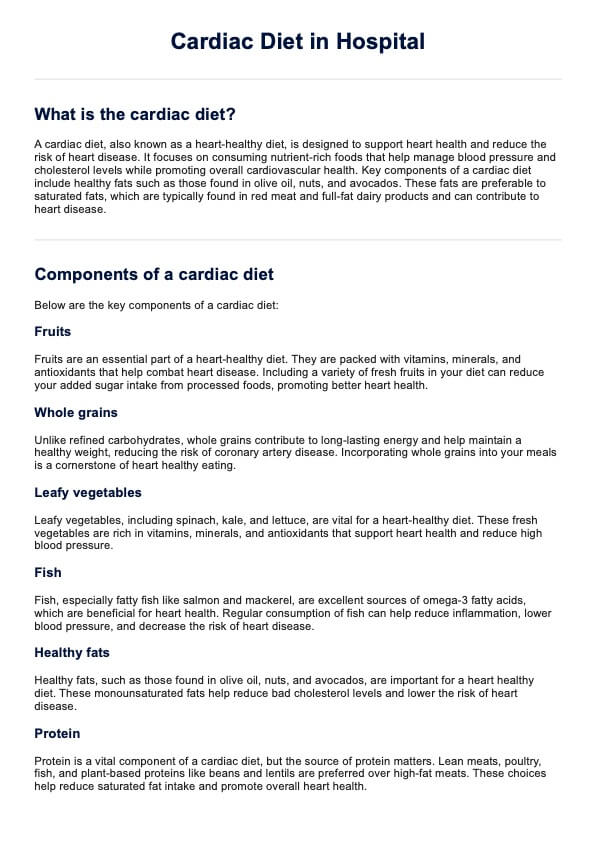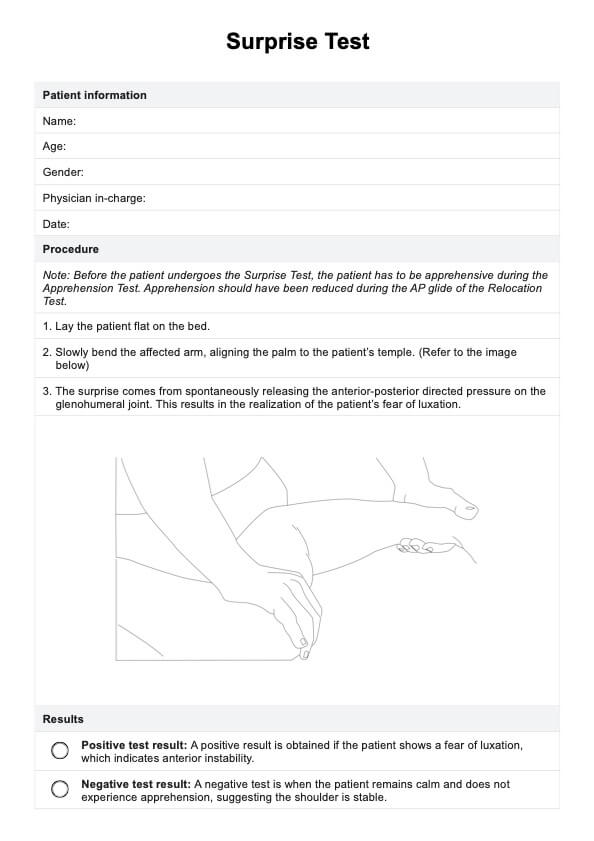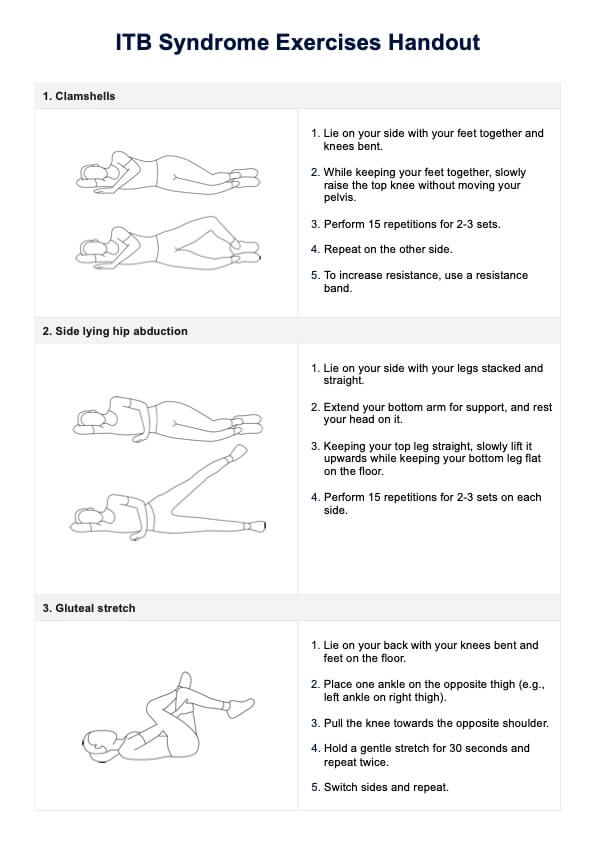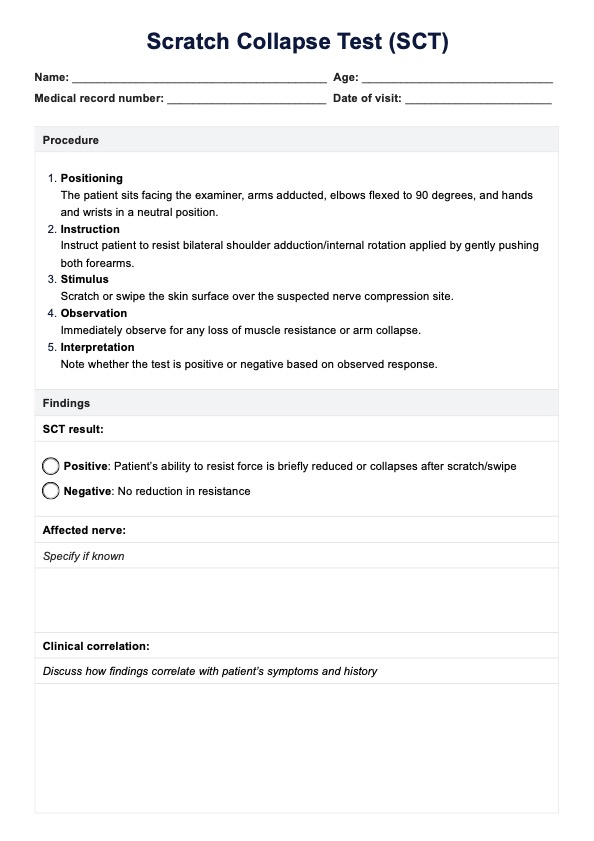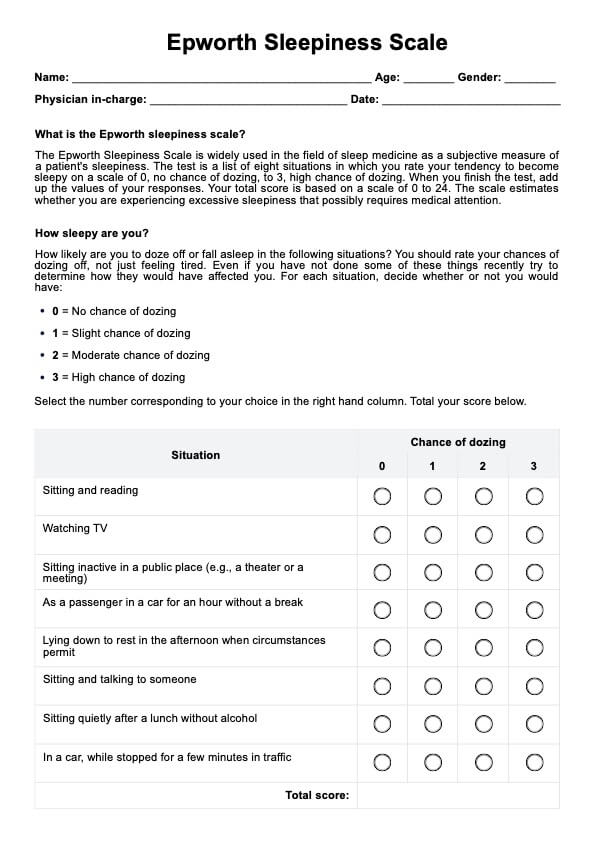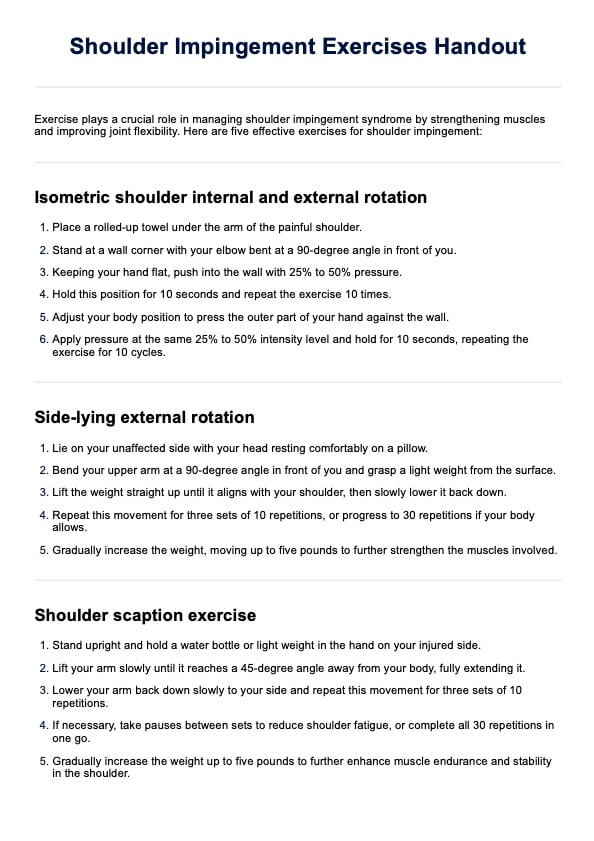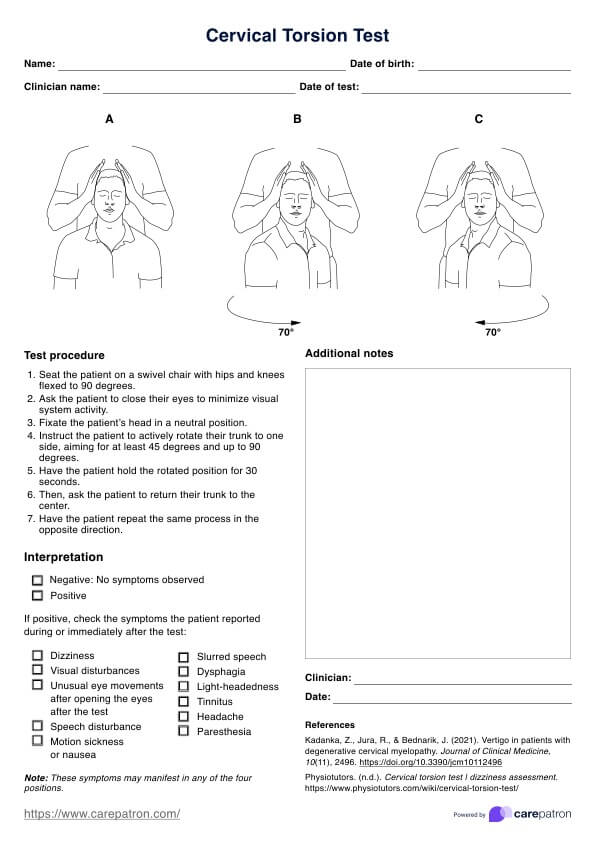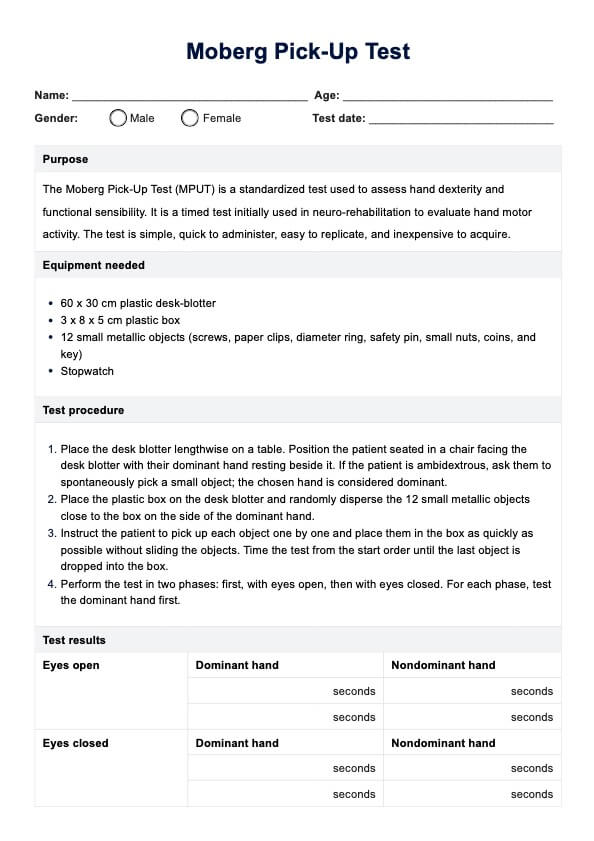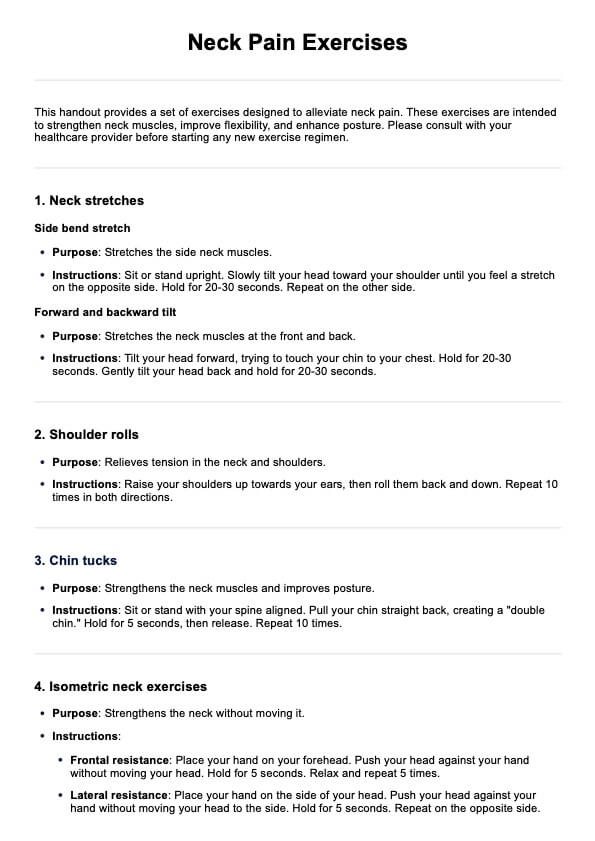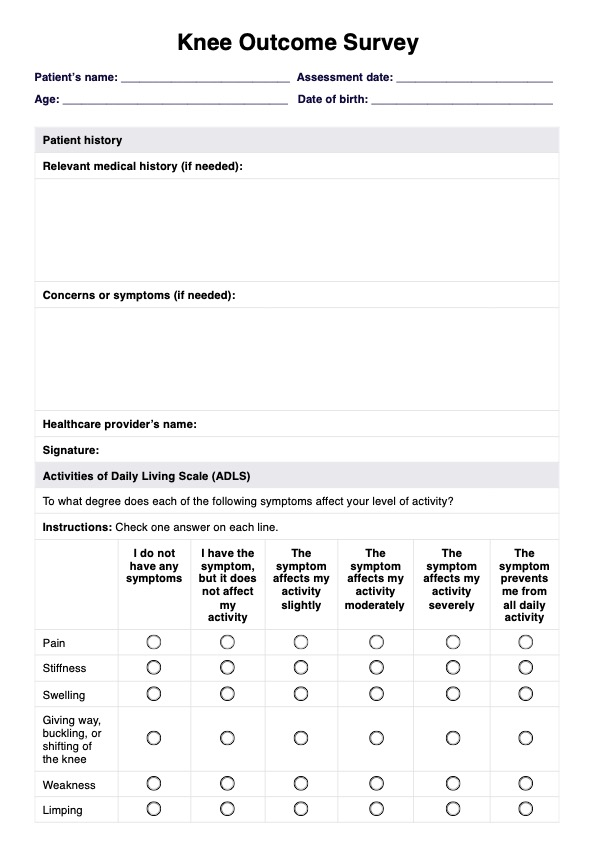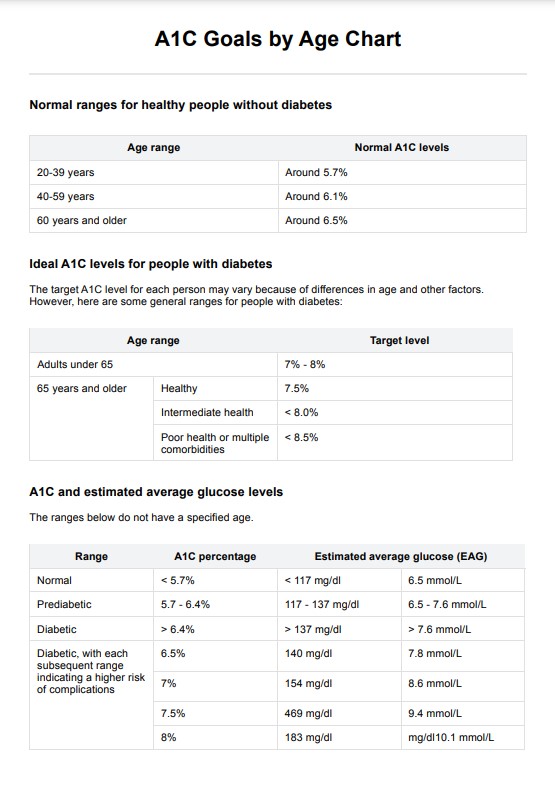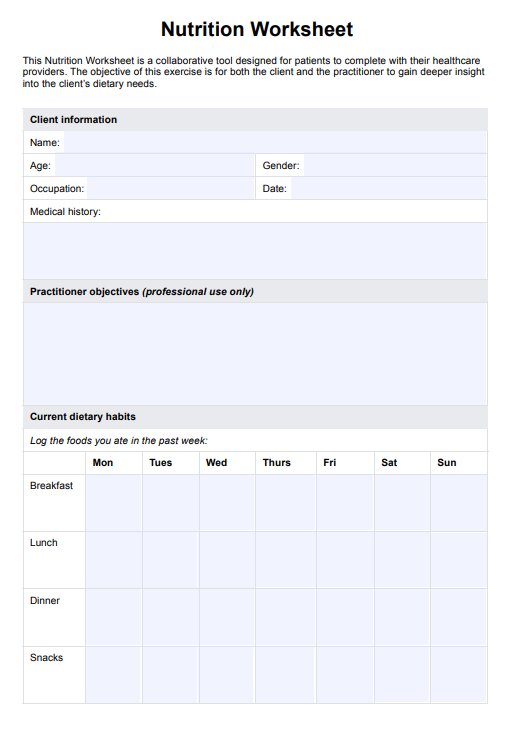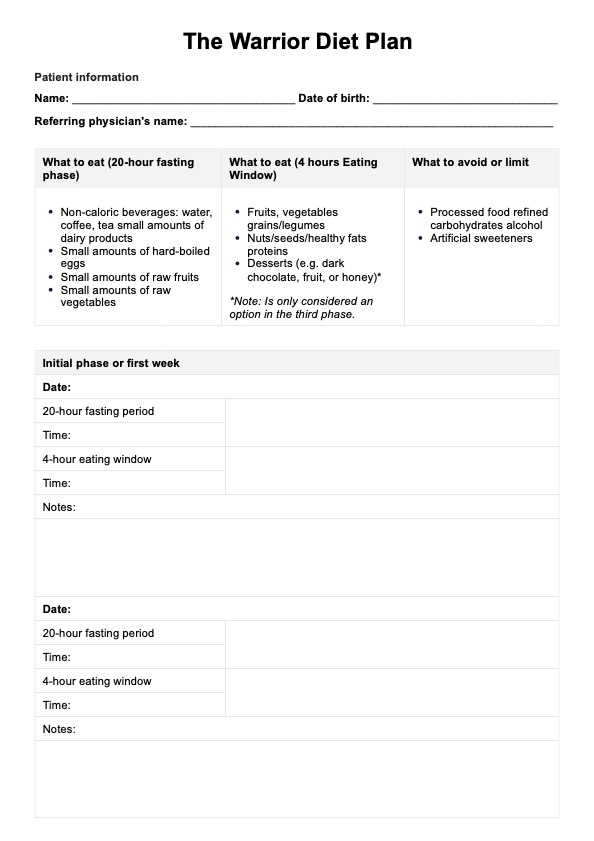Workout Planner
Utilize this free Workout Planner to support your clients in planning their workouts for effective change and motivation in their lives.


The importance of working out
Working out helps maintain physical and mental health, offering immediate and long-term benefits. A well-structured workout plan or fitness program helps individuals achieve their fitness goals, whether improving overall health, increasing muscle mass, or achieving weight loss. Exercise enhances cardiovascular health by lowering blood pressure and improving circulation, reducing the risk of heart disease and stroke. Regular workouts also support muscle gain and promote bone strength, mainly through strength training.
Working out also plays a crucial role in combating stress, anxiety, and depression. Physical activity triggers the release of serotonin and dopamine, brain chemicals that boost mood and improve focus. A tailored fitness plan can be transformative for improving fitness levels. Cardio exercises burn calories and support fat reduction, while strength training builds lean muscle, optimizing the body’s composition. Consistency is key to achieving desired results, and effective workout plans are designed to match individual goals and preferences. With its wide-ranging benefits, working out is essential for anyone looking to enhance both body and mind.
Workout Planner Template
Workout Planner Example
Components of a comprehensive Workout Planner template
A well-designed Workout Planner template ensures effective fitness planning. It starts with patient information to personalize the plan, including key details like weight, height, and fitness goals. Based on the client's information, you may create plans that target specific muscle groups and design routines to build muscle or enhance overall fitness.
The planner contains a weekly workout plan section, which breaks down exercises by day and allows you to include details such as the exercise type, sets, repetitions, weights, and notes.
How does it work?
Carepatron’s Workout Planner is a practical tool for creating personalized patient fitness plans. These simple steps ensure the planner is used effectively to meet a patient's needs and goals.
Step 1: Access the Workout Planner template
This guide contains a ''Download'' link for Carepatron’s Workout Planner template. You can also click on ''Use template'' to open the template on our Carepatron platform, where you can customize it further.
Step 2: Use the template when planning the patient’s workout routine
Begin by filling out client information and identifying their fitness levels. Use the planner to structure a weekly workout plan, including exercises, sets, repetitions, and notes. This framework ensures a clear and organized routine for optimal results.
Step 3: Discuss goals and expected outcomes
Collaborate with the client to set realistic short-term and long-term fitness goals. Use the template to outline expected outcomes, whether improving performance, enhancing muscle mass, or achieving weight loss, fostering motivation and engagement.
Customize workouts based on their goals, preferences, and health conditions, tailor activities to target specific needs, and adjust the workout plan as they progress.
Step 4: Provide additional patient education and next steps
Guide clients on maintaining their routines and adapting their workouts over time. Offer tips for consistent practice, recovery, and injury prevention. Document the next steps and schedule follow-ups to monitor progress and refine the workout plan.
Benefits of using a Workout Planner template
Carepatron’s Workout Planner template offers numerous advantages for healthcare professionals and individuals striving to enhance their fitness journey. By leveraging this tool, you can better organize routines, maximize results, and create personalized plans that clients can easily follow. Here are three key benefits of using the planner.
Streamlines workout organization
The Workout Planner template is a centralized tool to effectively organize exercises, sets, and reps. You can categorize routines by muscle group and set the appropriate intensity levels, ensuring a structured approach to fitness. This eliminates the need for multiple daily planners and simplifies managing workouts.
Supports efficient equipment use
Whether working out at a gym or home, the planner helps manage your client's time and resources. It ensures that they train with the right equipment for each exercise. This leads to a more focused and complete workout routine, improving overall effectiveness and productivity.
Encourages adaptability and consistency
Carepatron’s workout templates promote adaptability and consistency by allowing adjustments to suit evolving fitness needs. Easily customize schedules, modify routines, or include additional sections on the platform to align with progress and goals. This flexibility ensures individuals stay consistent and reach their fitness milestones effectively.
Commonly asked questions
A Workout Planner includes sections for personal information, fitness goals, and a detailed workout plan with exercises, sets, reps, and notes. It also provides space for healthcare professional input and additional recommendations to ensure a tailored fitness approach.
The ideal workout frequency depends on fitness goals, intensity, and experience, but most individuals benefit from exercising 3–5 times per week. This allows for balanced recovery while targeting different muscle groups effectively.
An effective workout plan focuses on clear goals, progressive overload, and proper balance across muscle groups. As a healthcare practitioner, it may also help incorporate variety and adaptability to maintain motivation and track progress.


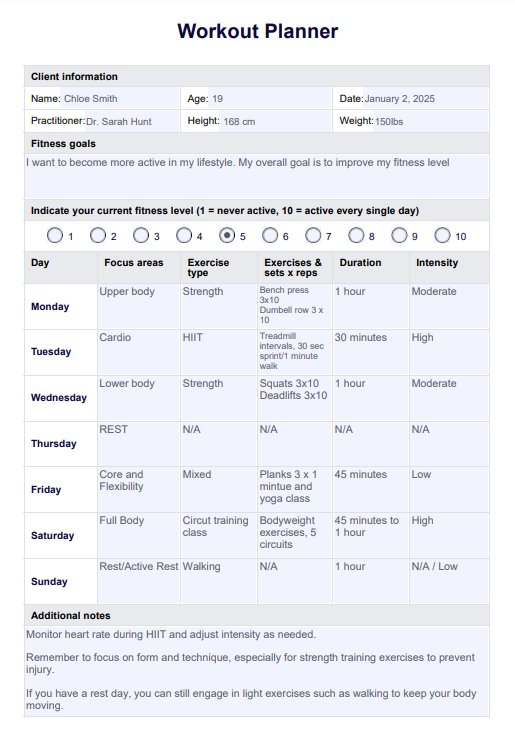

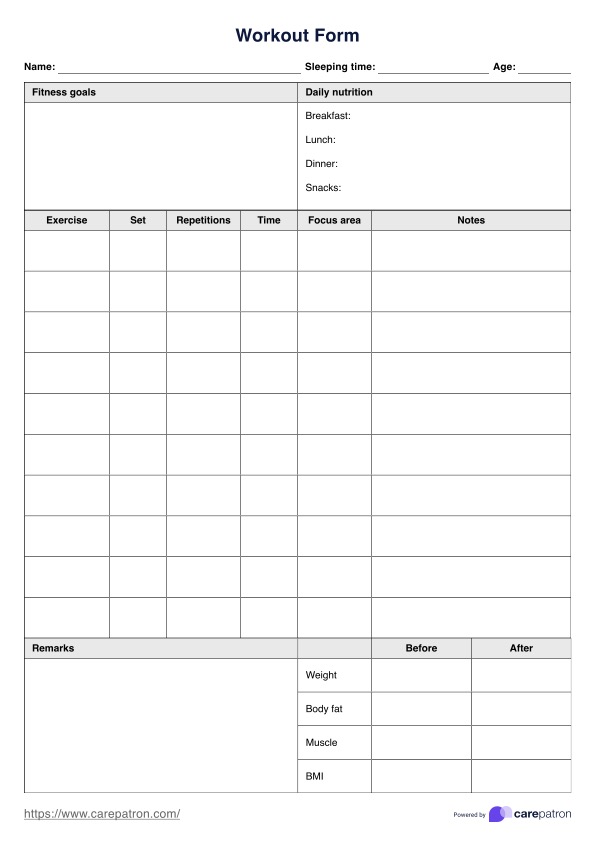
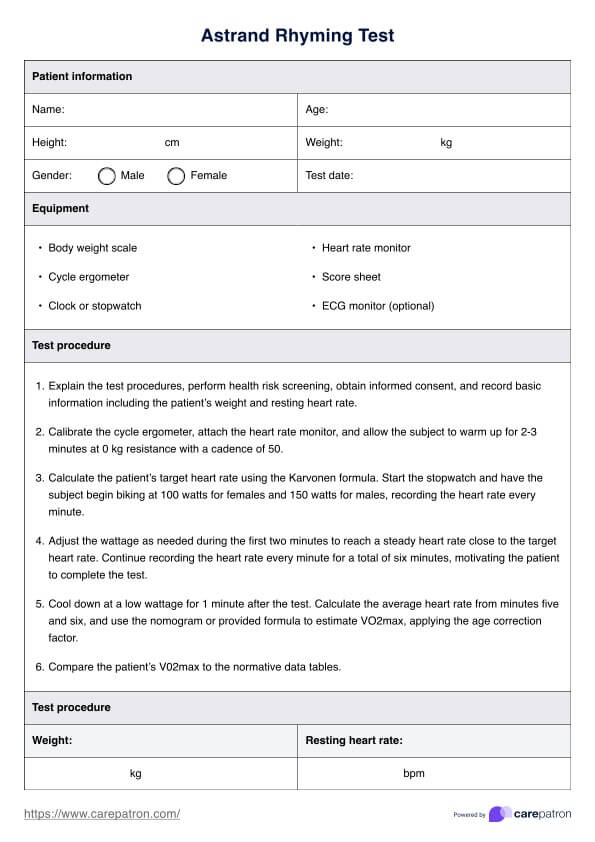
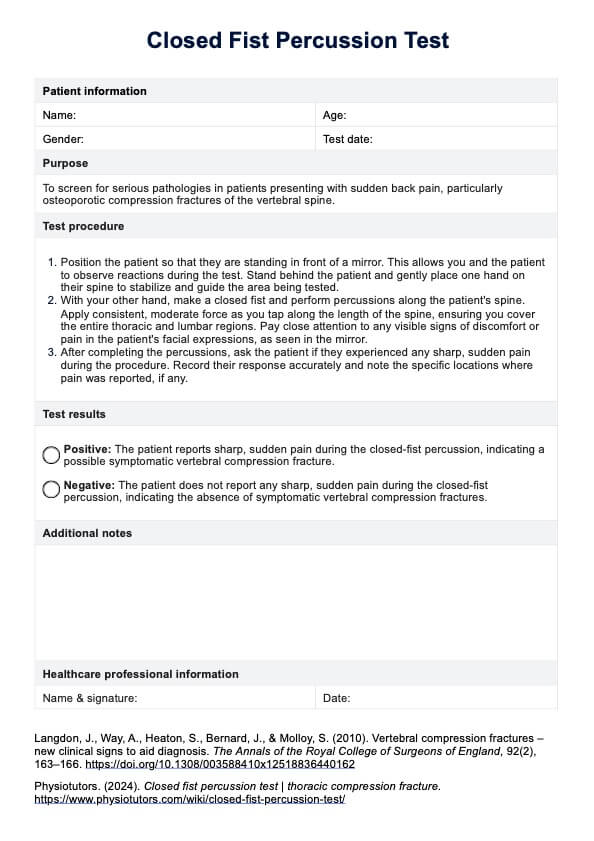









-template.jpg)































